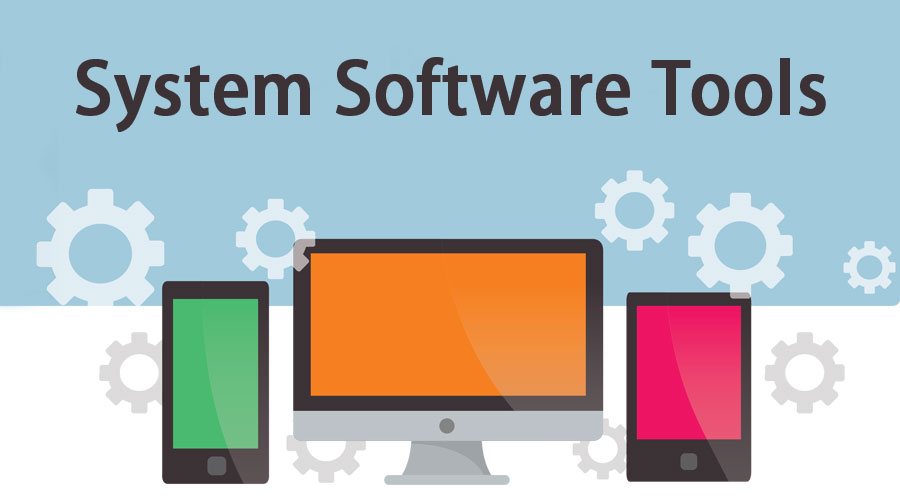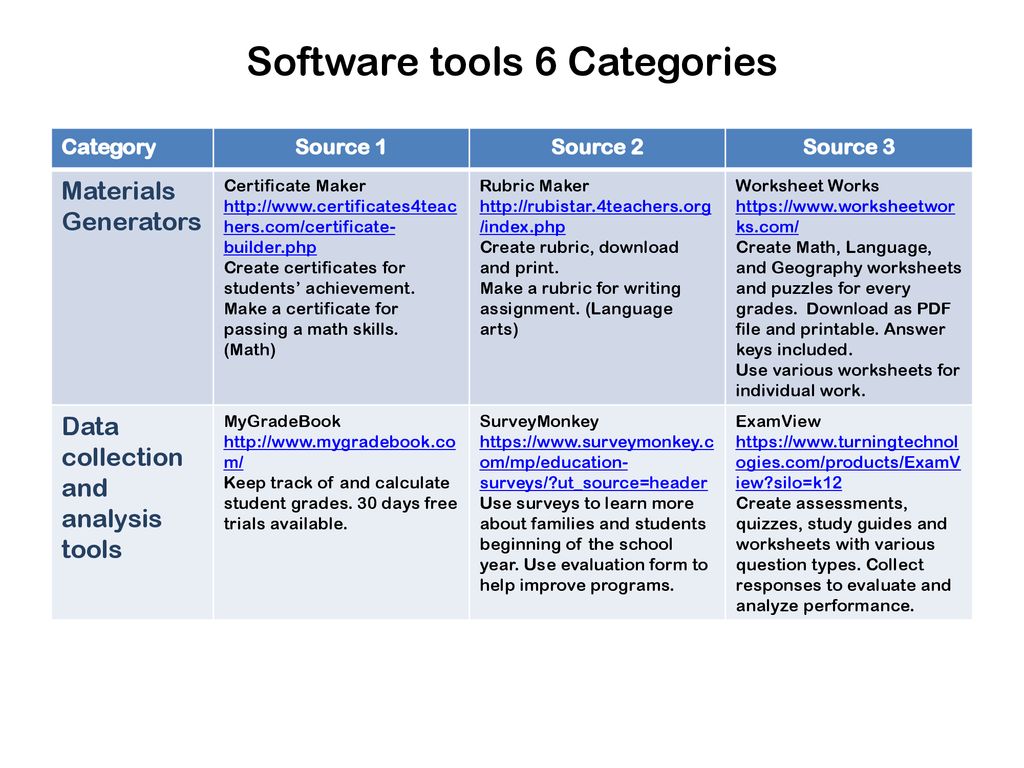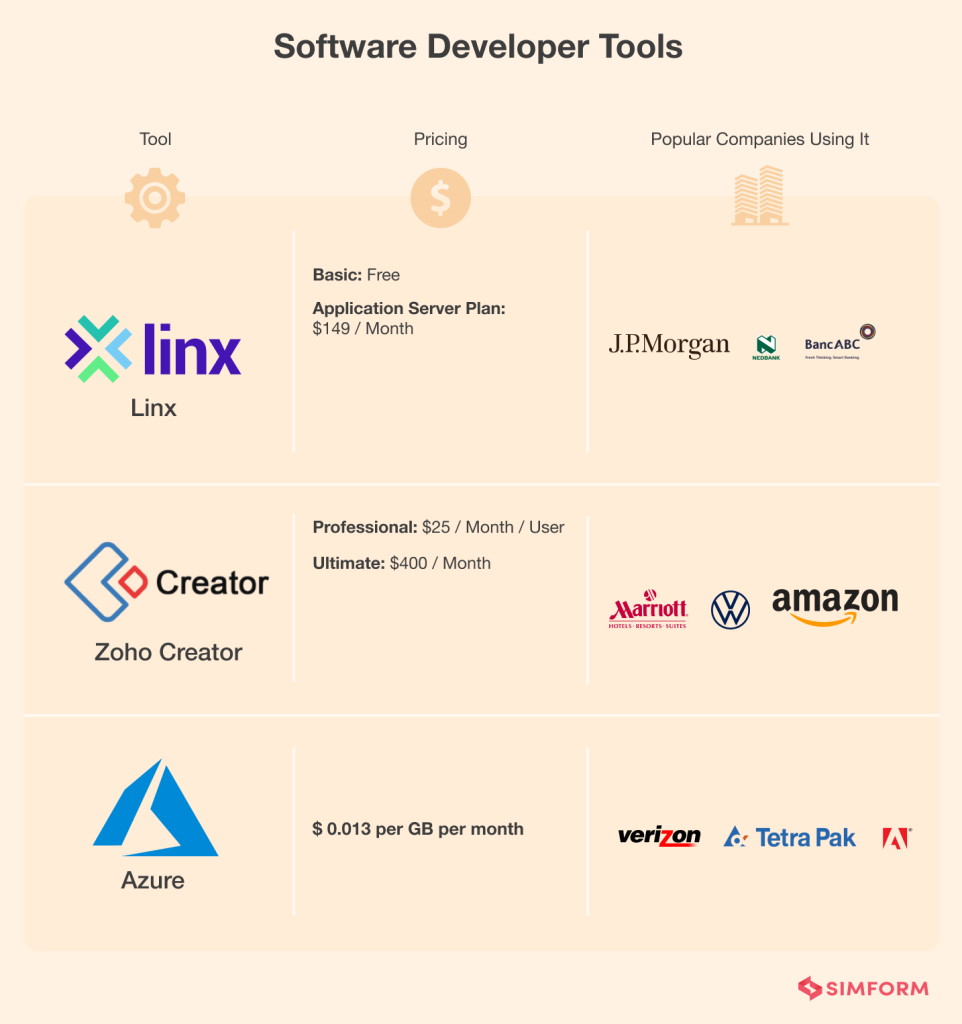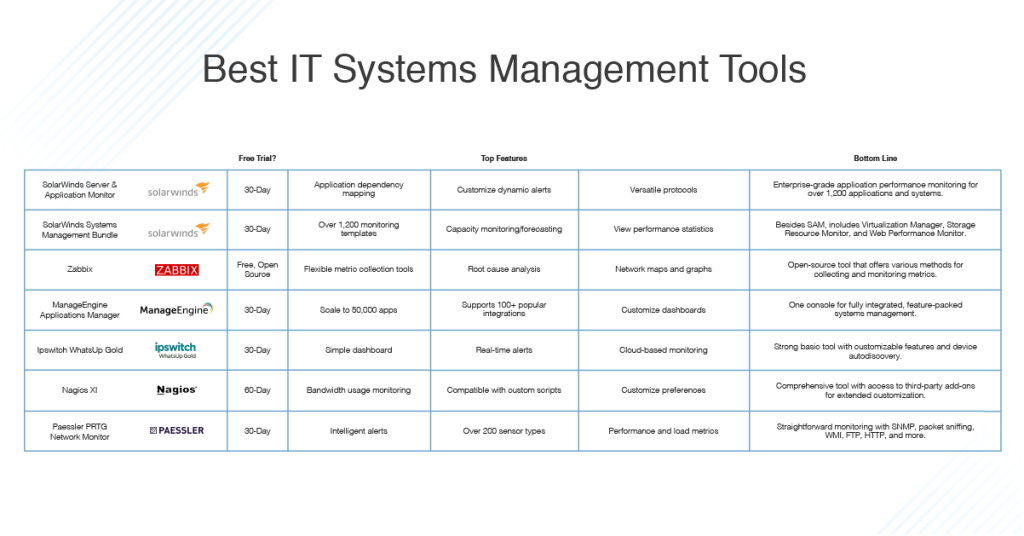So you’re wondering about software tools, huh? Well, let’s dive right into it! Software tools are programs or applications that are designed to assist users in completing specific tasks or functions on their computers. They can range from simple utilities like file compressors or image editors to more complex tools like database management systems or programming platforms. Essentially, they’re like handy little helpers that make our digital lives a whole lot easier. Now, let’s take a closer look at some common examples of software tools that you might find useful in your own work or personal projects. Software tools are programs or applications that can be used to facilitate various tasks and processes in the field of software development. These tools play a crucial role in enhancing productivity, efficiency, and quality in software development projects. Understanding software tools is essential for developers and teams to maximize their potential and deliver successful software projects. In this article, we will delve into the definition and importance of software tools, explore different categories of software tools, discuss popular examples within each category, and highlight their significance in the software development life cycle.

This image is property of cdn.educba.com.
Definition of Software Tools
Software tools can be defined as programs or applications that assist developers and teams in various stages of the software development life cycle. They are designed to automate tasks, provide functionality, and enhance productivity in software development projects. These tools can range from simple text editors to complex integrated development environments (IDEs) and encompass a wide range of functionalities such as programming, debugging, project management, version control, testing, and documentation.

This image is property of slideplayer.com.
Importance of Software Tools
Software tools are essential in the software development process for several reasons. Firstly, they improve productivity by automating repetitive tasks, providing code templates, and offering shortcuts. Developers can focus on writing efficient code instead of spending time on mundane tasks. Secondly, software tools enhance collaboration and communication within development teams. They provide shared platforms where team members can work simultaneously on code, track changes, and resolve conflicts. Moreover, these tools support the efficient management of software development projects by facilitating task tracking, resource allocation, and progress monitoring. They also enable seamless version control, ensuring that the most recent and updated code is being used. Finally, software tools contribute to the overall quality and reliability of software products by enabling efficient debugging, testing, and documentation processes. They help identify and fix errors, ensure code correctness, and generate comprehensive documentation.

This image is property of www.simform.com.
Categories of Software Tools
Software tools can be categorized into several categories based on their functionalities and purposes. Let’s explore some of the most common categories of software tools:
Programming Tools
Programming tools are designed to assist developers in writing, editing, and organizing code. They often provide features such as syntax highlighting, code auto-completion, and code formatting. These tools make writing code more efficient and error-free. Popular examples of programming tools include text editors, integrated development environments (IDEs), and code editors.
Debugging Tools
Debugging tools are crucial in identifying and fixing errors or bugs in code. They help developers diagnose issues, trace program execution, and monitor variables and memory usage. Debuggers provide features such as breakpoints, step-by-step execution, and variable inspection. Examples of debugging tools include GDB, Xcode Debugger, and Visual Studio Debugger.
Project Management Tools
Project management tools aid in planning, organizing, and tracking software development projects. They provide features such as task management, resource allocation, and progress monitoring. These tools enhance collaboration and enable efficient project delivery. Trello, Asana, and Jira are popular project management tools.
Version Control Tools
Version control tools enable teams to manage changes and collaborate on codebases effectively. They help track changes, merge code, and resolve conflicts. These tools ensure that the most recent and updated code is being used and provide a history of changes. Git, Subversion (SVN), and Mercurial are widely used version control systems.
Testing Tools
Testing tools are used to automate and execute software tests to ensure quality and reliability. They help in running test cases, generating test reports, and verifying expected results. These tools contribute to efficient and effective testing processes. Selenium, JUnit, and Cucumber are popular examples of testing tools.
Documentation Tools
Documentation tools aid in generating comprehensive documentation for software projects. They help in creating user manuals, API reference documentation, and code documentation. These tools simplify the process of documenting code and ensure that the project documentation is up to date. Sphinx, Doxygen, and Javadoc are commonly used documentation generators.

This image is property of www.dnsstuff.com.
Popular Examples of Software Tools
Let’s explore some popular examples within each category of software tools:
Text Editors
Text editors are simple software tools used for writing and editing code. They often provide basic features such as syntax highlighting, line numbering, and search and replace functionality. Some popular text editors include Sublime Text, Visual Studio Code, and Atom.
Integrated Development Environments (IDEs)
IDEs are comprehensive software tools that encompass various features for programming, debugging, and project management. They provide a unified development environment with features such as code auto-completion, debugging capabilities, and built-in project management tools. Eclipse, IntelliJ IDEA, and NetBeans are widely used IDEs.
Debuggers
Debuggers are tools specifically designed to help developers identify and fix bugs in their code. They provide features such as setting breakpoints, stepping through code, and inspecting variables. GDB, Xcode Debugger, and Visual Studio Debugger are well-known debuggers.
Project Management Software
Project management software enables teams to plan, organize, and track software development projects effectively. It provides features such as task tracking, resource management, and progress monitoring. Trello, Asana, and Jira are popular project management tools.
Version Control Systems
Version control systems are essential for collaborative software development. They enable teams to manage changes, track code history, and collaborate on codebases efficiently. Git, Subversion (SVN), and Mercurial are widely used version control systems.
Automated Testing Tools
Automated testing tools assist in automating software tests to ensure the quality and correctness of the code. They help in running test cases, generating test reports, and verifying expected results. Selenium, JUnit, and Cucumber are examples of widely used automated testing tools.
Collaboration Tools
Collaboration tools facilitate effective communication and collaboration within development teams. They provide shared platforms for team members to work simultaneously on the code, track changes, and resolve conflicts. Popular collaboration tools include Slack, Microsoft Teams, and GitHub.
Documentation Generators
Documentation generators simplify the process of documenting software projects. They enable the generation of user manuals, API reference documentation, and code documentation. Sphinx, Doxygen, and Javadoc are commonly used documentation generators.
In conclusion, software tools play a vital role in enhancing productivity, efficiency, and quality in software development projects. They automate tasks, facilitate collaboration, and support various stages of the software development life cycle. Understanding and utilizing software tools can significantly contribute to the success of software projects, enabling developers and teams to deliver high-quality software within time and budget constraints. Whether it’s programming tools, debugging tools, project management tools, version control tools, testing tools, or documentation tools, incorporating the right software tools in your workflow can make a significant difference in the development process. So, explore the various categories and popular examples of software tools and leverage their power to enhance your software development endeavors.

This image is property of assets.goodfirms.co.
